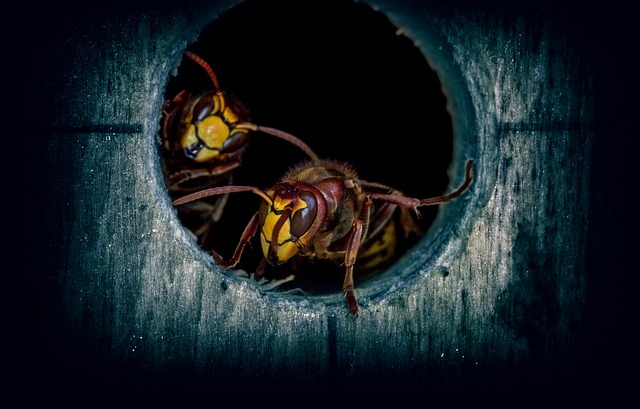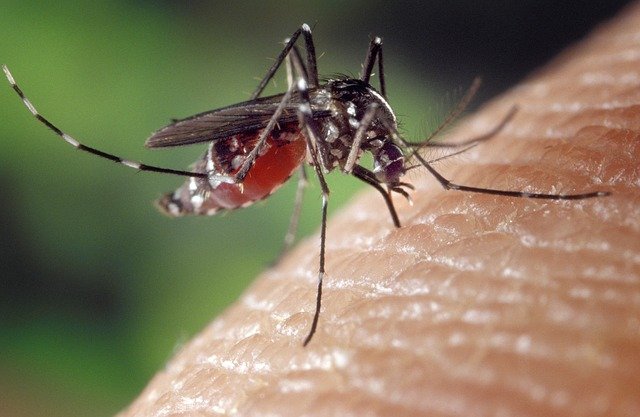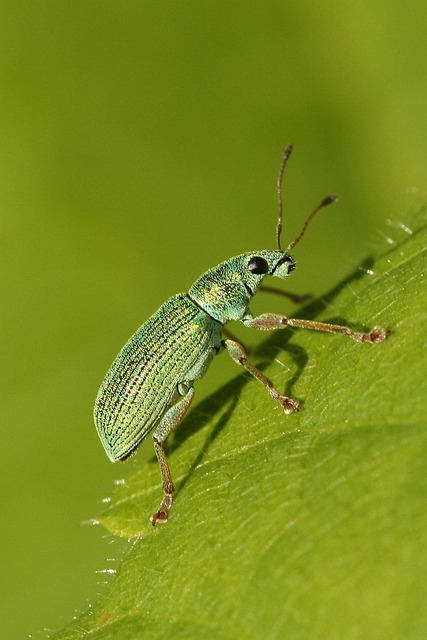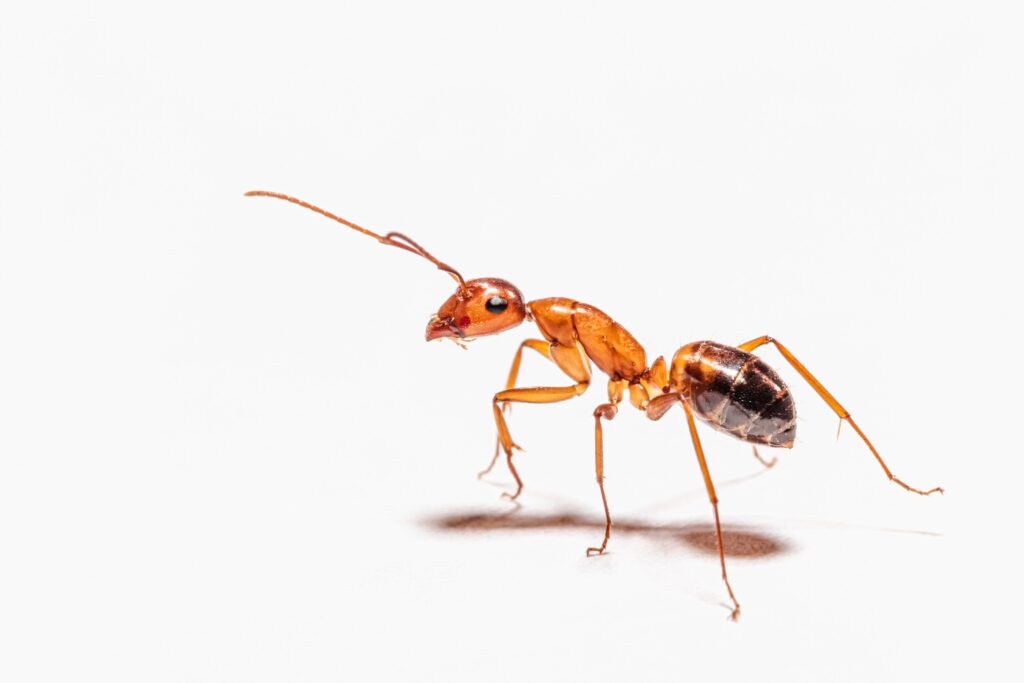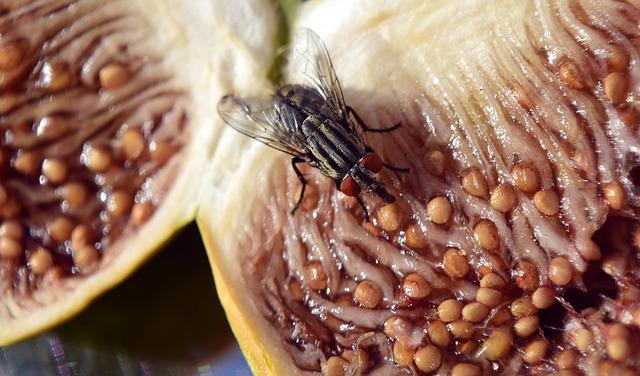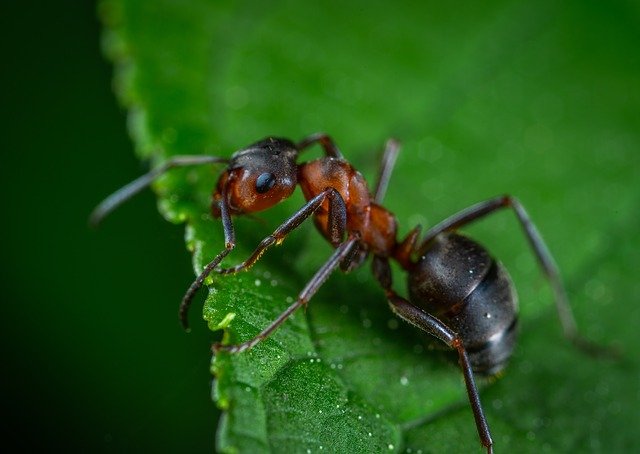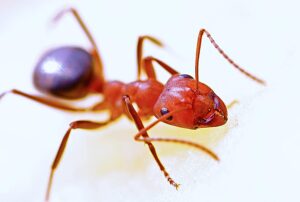
All the wet weather and now the warming season are going to bring the bugs out.
Pesticide applications need to have a target pest. In most situations, that means treating cracks, crevices and voids where the pests live. That is how it should be done. Some labels give the authority to spray baseboards and other areas, but in reality, that is only proper if a house or business is totally infested and spraying baseboards will actually kill some of the target pests, usually ants.
Don’t leave any debris lying around the house. This is a good hiding place for ants, silverfish and moths. If you have firewood, stack it away from the house as it will attract black widows. If you don’t want bugs in your firewood, stack it where there is a lot of sunlight and then drape some black plastic over it. The heat from the sun on the black plastic will discourage anything from hiding in the firewood.
When you have branches touching the house or roof, it will allow pharoah house ants and carpenter ants access. You should trim them back and keep them from touching your home during the warm months. Also, you should sweep down any spider webs anywhere around the outside of the house. These procedures will help keep pests at a bare minimum and will not endanger your family, your pets or your environment. Go G
